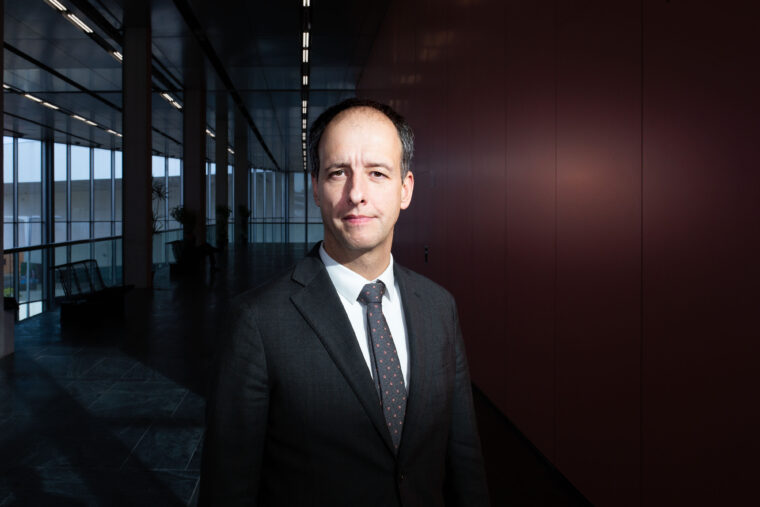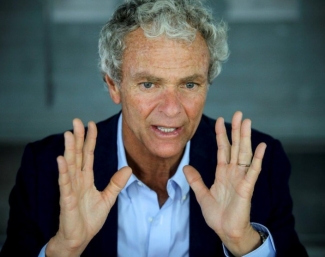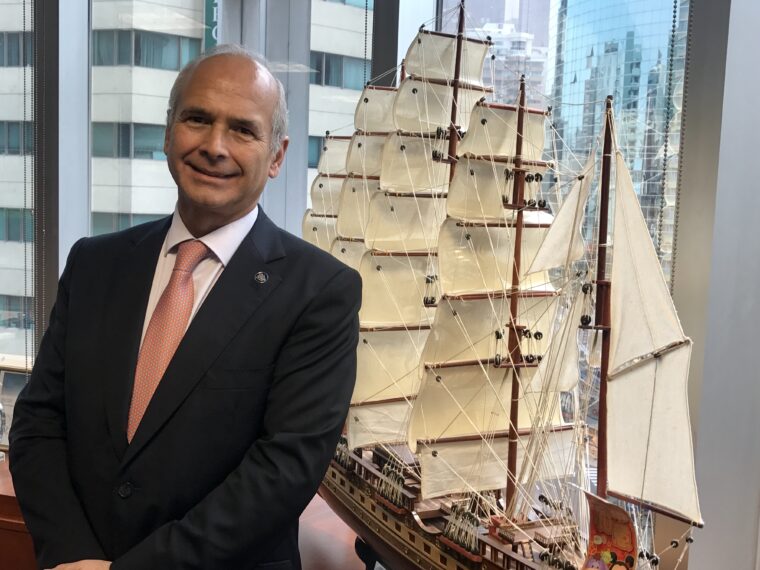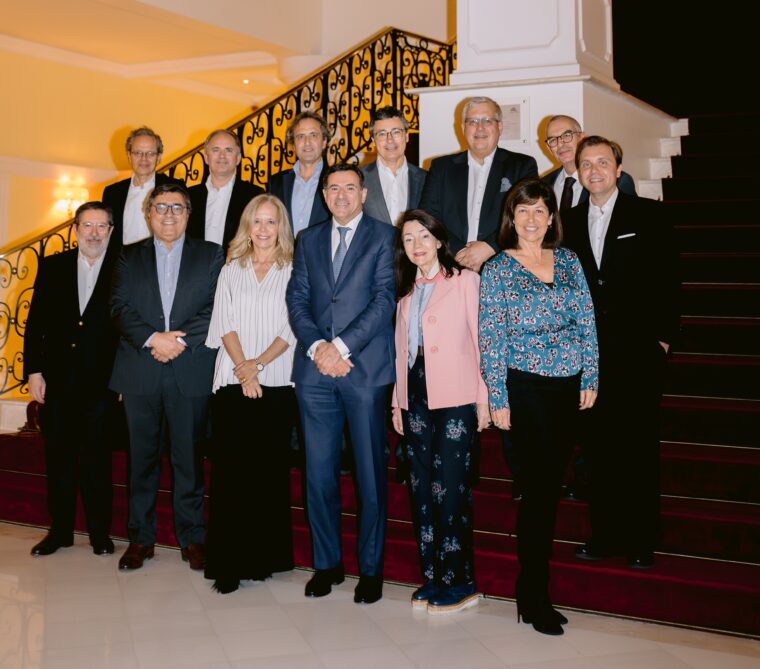Filipe de Botton, the President of the Board of the Portuguese Diaspora Council states that the EurAfrican Forum has the aim of making Portugal a privileged platform for relations between Europe and Africa.
The Portuguese Diaspora Council promotes today and tomorrow, in Cascais, the second edition of the EurAfrican Forum. Under the theme “Partnership of equals: sharing values, sharing prosperity”, the ambition is to make Portugal a privileged platform for relations between Europe and Africa. The businessman Filipe de Botton, chairman of the board of directors, warned, however, that the strategy is very long-term.
Why did you choose Africa as the privileged continent for these high-level forums?
About two years ago we realized that we were already able to move from the affirmation of the Diaspora to the internationalization of the council, in order to make the projection of the image of Portugal in the world. We thought then: why not make Portugal a stage for everything that Europe’s interaction with Africa is? Portugal is viewed positively in Africa, people like us, we do not have that aggressive or authoritarian image that other countries had in Africa during the colonization. On the other hand, we are seen in Europe as a small, uncompetitive country. So why not create a platform here for relations between Europe and Africa? There are other similar organizations in other European countries, but they work mainly on the basis of bilateral relations. We want to think about the relations between the two continents and so we have created this forum that has had a great success. Last year we had about 300 participants, which was already above expectations, and this year we had to close the registrations when we reached the 700.
The theme of the Forum is “Partnership of equals”. Do you think that the Portuguese and the Europeans already look at the Africans on an equal footing?
This is the theme. By 2050, about a quarter of the world’s population will be in Africa. If we see what is happening in the world, with the tensions between the two blocs led by the USA and China, for Europe, the natural interaction market is Africa. Similarly, Africans prefer to interact with Europeans to Chinese or Americans.
The Chinese are in Africa in strength …
The Chinese have a very long-term strategy, they know where the raw materials are and so they have invested heavily in Africa to preserve long-term access to these raw materials. They have made the necessary apport of money. The Europeans are most dear to the Africans, they have not brought enough money to the table. But in the long run, money is not everything, and the knowledge that Europe has in most domains allows them to become privileged partners. This is the theme. The five panel discussions of the forum focus on the theme of how to create such peer-to-peer partnerships with Africa. Leveraging diasporas is one way to do it. There are very important communities in Africa living in Europe and it is therefore natural to understand that sustainable and durable wealth must be created in Africa to create jobs and manage migratory flows through this wealth creation.
However, the great migrations to Europe are made in inhuman or outlaw conditions. This contributes to a very negative perception of these flows and has led to strong policies in some European countries and even in the European Union. Do you think that economic partnerships can be the lever for changing that negative perception
Yes, it is undoubtedly through investment and wealth creation that people can be set and given opportunities so that they can be educated and apply their skills, and in the long term create that peer-to-peer relationship. We must not forget that the impact is very long term. But it is arrogant, to say no other words, to criticize anyone who lives in countries where they do not even have a euro a day, where they have nothing to eat, try to come to countries where they know they will have other opportunities.
One of the topics of the forum is how to move from the idea of recipients of gifts to equal participation. Which economic sectors are the most promising partnerships?
If we think of Africa today, there are three or four areas of relatively immediate intervention. Starting with infrastructures, which are key to creating investment and opening the way for the primary sector to added value at local level. If we want to develop agriculture, we have to create access to markets, through communication systems, telecommunications, ports. We have to have a plan that allows us to understand what we can do in the long term. One of the major problems we have in Europe is water, which at the moment is a huge constraint on agricultural development in the Iberian Peninsula. It will be easy to switch agricultural production with some African countries provided conditions are in place to dispose of these products. By creating wealth, markets are also created for the local consumption of these products, in a virtuous circle that benefits all. There are many opportunities for energy-related interaction between the textile sector and the whole industry. This requires training, but there are also great opportunities in education. In Africa, the sky is the limit. There are opportunities for everything and everyone, there has to be more political stability and this is the moment, the great concern of Google is that everyone wants to come and work for Lisbon. We are creating subsidies to make people return to Portugal is almost funny. We have to give 6500 euros for them to stay in their countries [laughs].
You refer to the program Regressar, which is giving incentives for the return of workers, especially the highly qualified generation that has emerged in the last ten years. Funny why?
First, give 6,500 euros for this purpose only if it is a monthly allowance for two or three years, because that is what these people earn out there. Telling them takes a check there to pay the carrier company is funny, does not make sense. It’s a completely political move, it’s throwing dust into the eyes. I go to a country if I have an opportunity, not because I have a one shot of 6500 euros, which is a lot of money but does not solve anyone’s life. It is an electoral measure, but I say this personally, because the Diaspora Council does not comment on public policies.
How would you define the Portuguese diaspora today, at a time when there is no longer so much talk about emigration but about mobility?
The people trained in Portugal have an extraordinary formation, and it is no coincidence that they easily leave here, because they are offered opportunities in the light of this formation. We have to create conditions in Portugal so that they can have the same opportunities here. This is not done by legislating, but by allowing freedom to create these opportunities. The world has changed wildly in recent years and that is why most policies are out of touch with the new realities. Access to information has completely changed the way we work and the new generations do not want to work like us, they want to interact more, they want a completely different life balance.
By Público, July 2019






